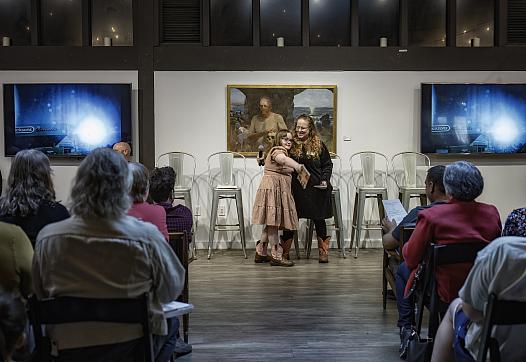
A reporter reflects on what she learned from a five-part series on the abuse of people intellectual and developmental disabilities, and the broader social challenges they face.

A reporter reflects on what she learned from a five-part series on the abuse of people intellectual and developmental disabilities, and the broader social challenges they face.
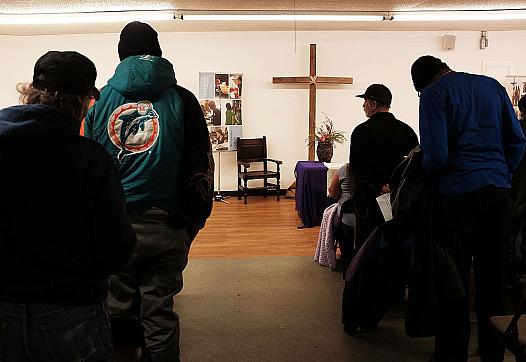
Anna Wolfe became a reporter to tell the stories of those who had little to nothing. Her reporting has uncovered massive corruption in a state that can scarcely afford it.
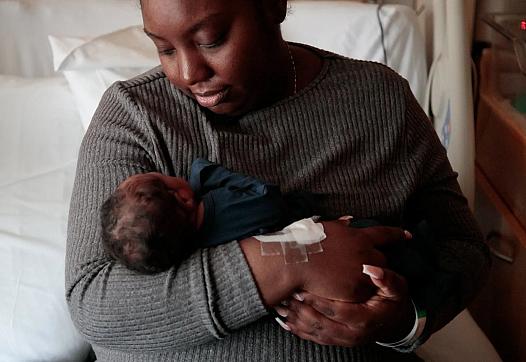
The health crisis is pushing health officials to prioritize access to culturally competent care to close racial gaps in care and improve outcomes.
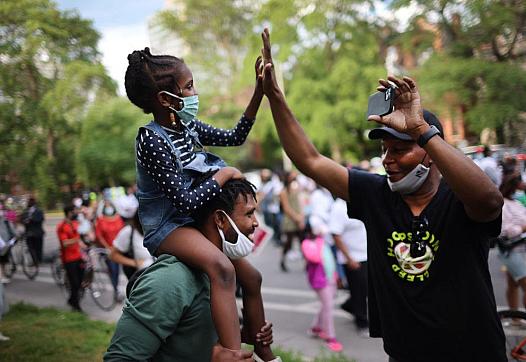
Real community activists continue to shine a light on problems well after the media has packed up their equipment and moved on to the next story. Reporters should use the term advisedly.
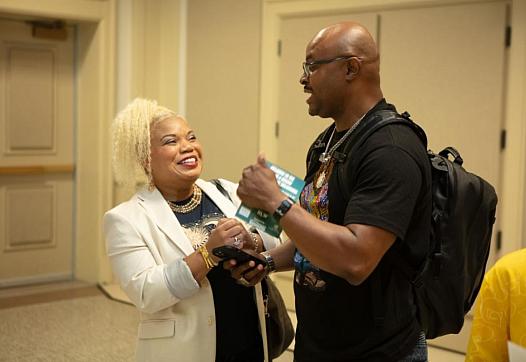
This week, we’re launching a new column anchored by veteran journalist James Causey of the Milwaukee Journal Sentinel that explores health inequities in the broadest sense.
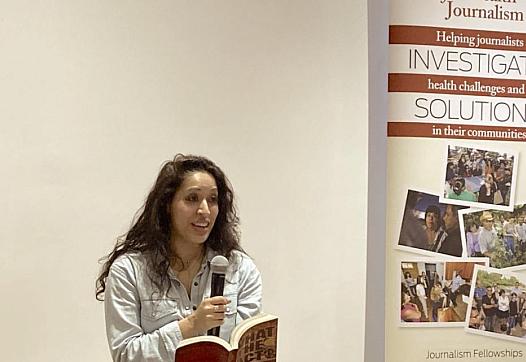
“I want to highlight not just fact checking, but also source checking,” Dr. Seema Yasmin told fellows.
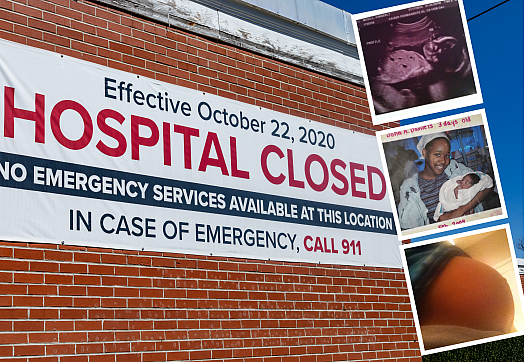
Georgia is one of the most dangerous states in which to give birth. One reason: A decades-old state regulatory system gives rural, Black Georgians less access to maternity care.
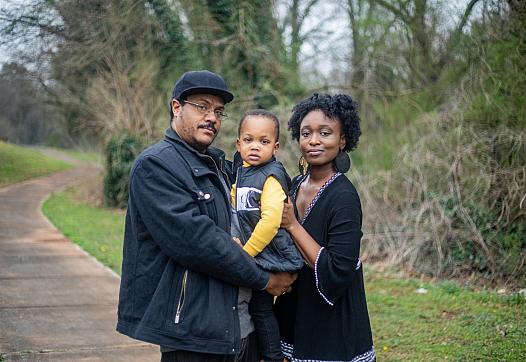
After experiencing life-threatening complications, those who survive labor and delivery often feel abandoned by the American medical system.
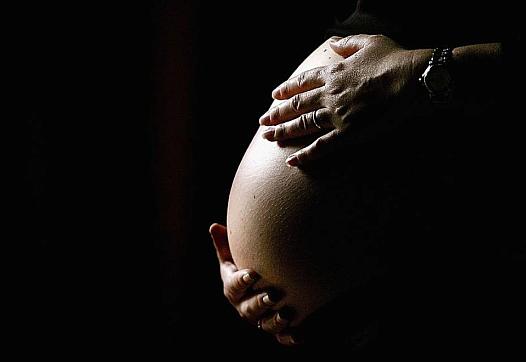
Stanford's Maya Rossin-Slater unpacks her team's landmark study, which finds even rich Black mothers are more likely to have worse birth outcomes than their white counterparts.